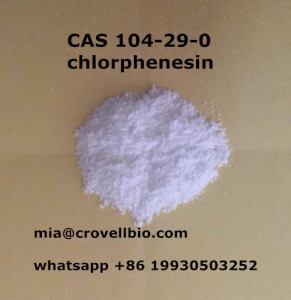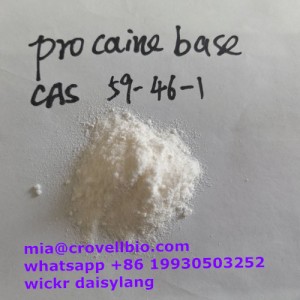| NAME: | OXYTOCIN |
|---|---|
| Item Code: | HS002 |
| CAS Number: | 50-56-6 |
| Other name: | Oxytocin acetate, Pitocin |
| Molecular formula: | C43H66N12O12S2 |
| Molecular mass: | 1007.2 |
| Sequence: | H-Cys(1)-Tyr-Ile-Gln-Asn-Cys(1)-Pro-Leu-Gly-NH2 |
| Purity: | >98 |
| Main usage: | Induction of labor, induction of labor, postpartum hemorrhage |
Oxytocin is a cyclic nonapeptide hormone with amino acid sequence CYIQNCPLG that also acts as a neurotransmitter in the brain, it is a uterine contraction drug that can be extracted from the posterior pituitary gland of the animal or chemically synthesized. The chemical synthesis product does not contain vasopressin and has no boosting effect. It has a selective excitatory effect on uterine smooth muscle and strengthens its contraction. The uterus is most sensitive to oxytocin (increased estrogen secretion), the immature uterus is not responsive to this product, the uterus is less responsive to oxytocin in the first or second trimester of pregnancy, and gradually increases in the second trimester, reaching the highest level before labor . A small dose can strengthen the rhythmic contraction of the smooth muscles at the bottom of the uterus, making it stronger in contraction, speeding up the contraction frequency, the contraction properties are similar to natural labor, and maintaining polarity and symmetry, so it is used clinically to induce labor and induce labor. Large doses make the uterine muscles to exhibit ankylosing contraction. It is used clinically to compress the interfibrous blood vessels to prevent postpartum hemorrhage and postpartum insufficiency. It also promotes lactation, shrinks the ducts of the breast, and promotes milk excretion from the breast, but it cannot increase the secretion of milk. Can only promote breast milk.













 Product quality protection
Product quality protection 







